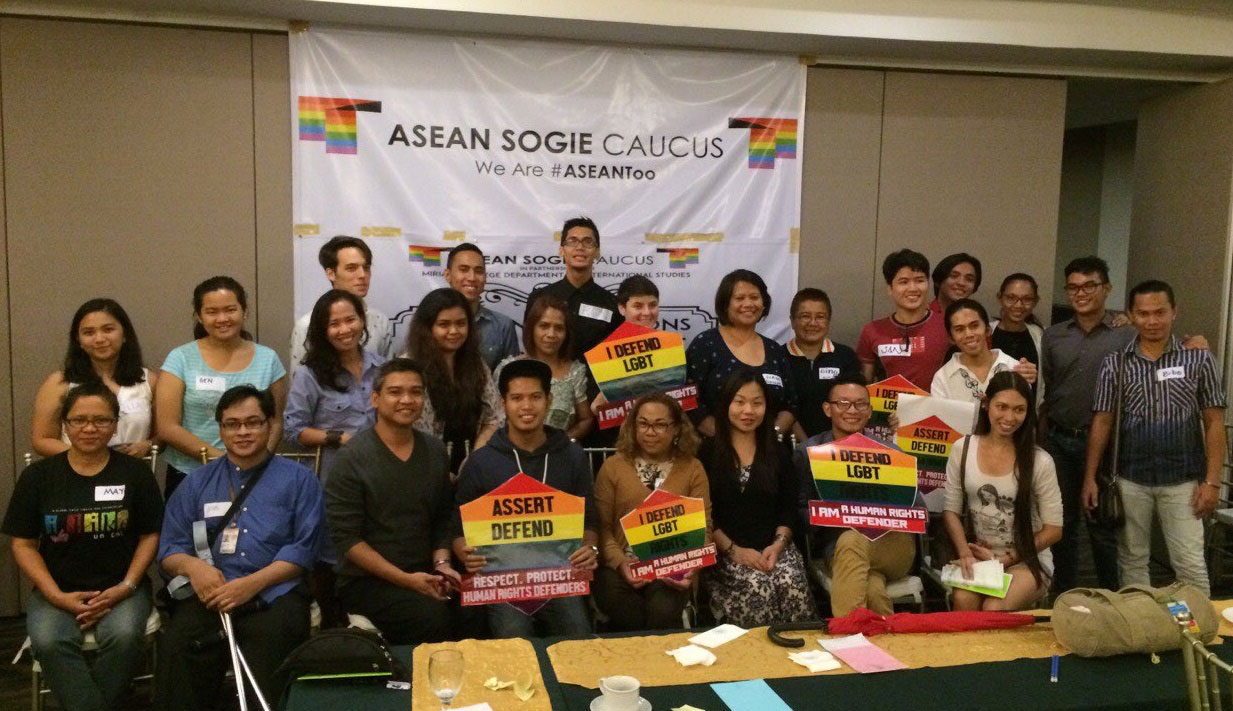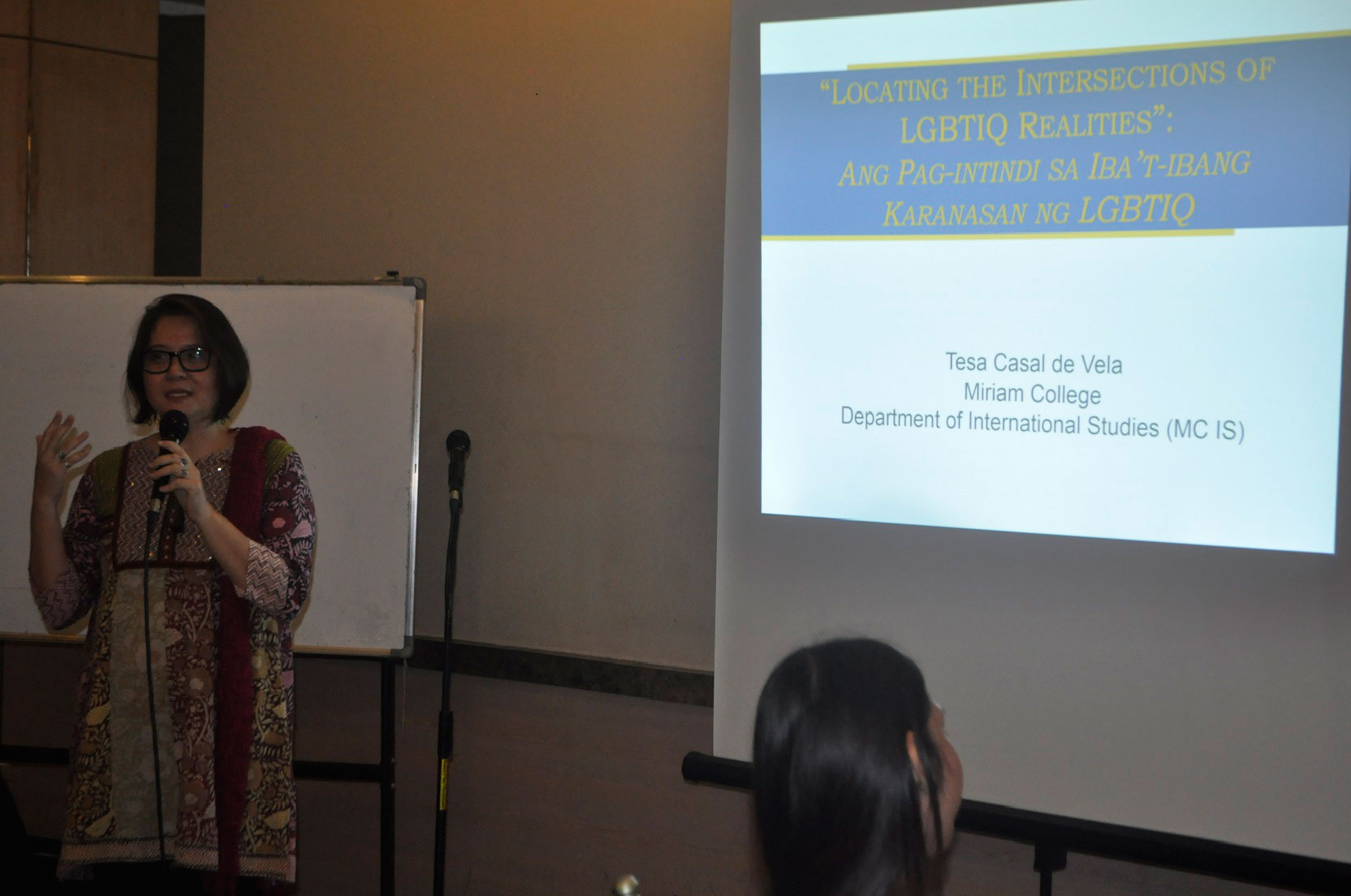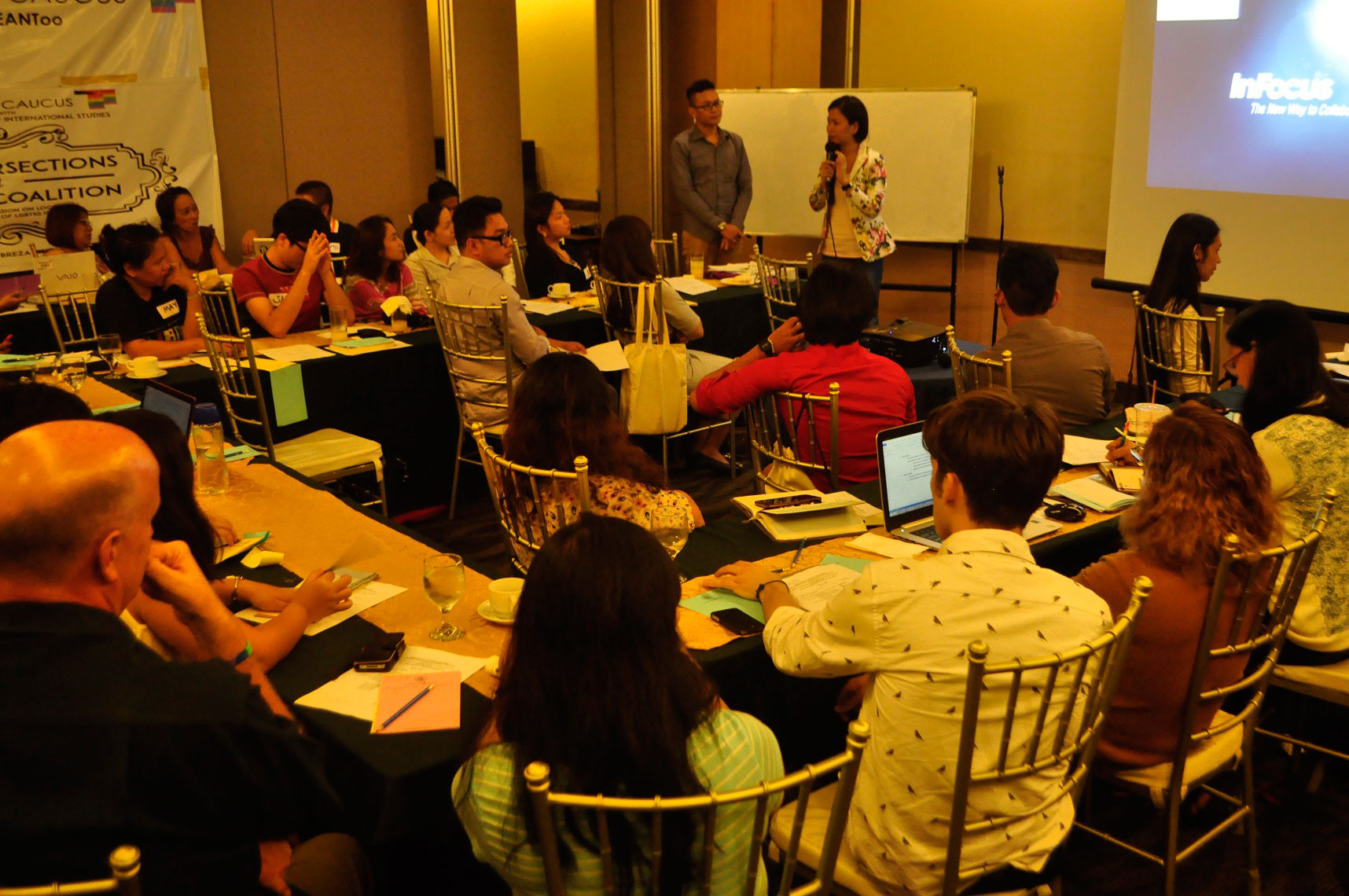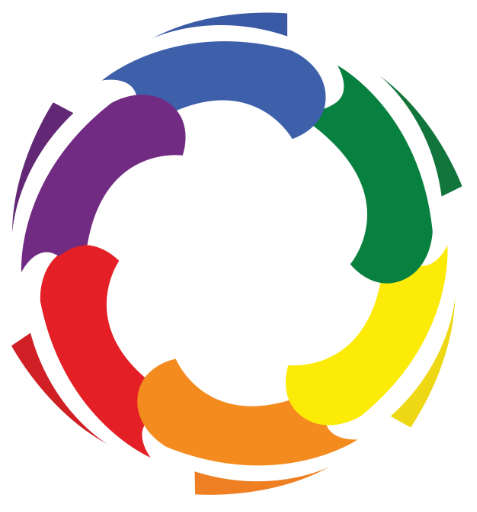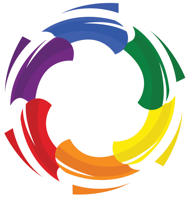The ASEAN SOGIE Caucus recently organized a meeting titled “SOGIE Intersections and Rainbow Coalition Work: a Roundtable Discussion on Locating the Intersections of LGBTIQ Issues”. The activity was convened to examine how intersectionality may be applied as a lens to both examine multiple forms of discrimination and as an approach to strengthen the advocacy of LGBTIQ movements.
Prof. Tesa De Vela, Chairperson of Miriam College Department of International Studies and a long-time feminist activist, helped unpack the concept of intersectionality as an analytical tool. Prof. De Vela noted that applying intersectionality into LGBTIQ activism opens the doors for “sincere affinity” towards the advocacies of other marginalized groups. In applying intersectionality, Prof. De Vela suggested the need to build meaningful alliances with different social movements.
Several speakers examined the intersections between SOGIE, and other identities and contexts, such as child rights, older persons, migration, ethnicity, disability and poverty.
Klarise Estorninos of the Ateneo Human Rights Center suggested that the non-discrimination and “best interest of the child” principles of the UN Convention on the Rights of the Child because may potentially be used to protect actual or perceived to be LGBTIQ children from abuse.
On the other hand, Aura Sevilla of the Coalition for the Services of the Elderly (COSE) noted that older LGBTIQ persons face multiple oppressions due to SOGIE and the lack of social protection that includes pensions.
Bibo Perey of the Deaf Rainbow Philippines highlighted the need for inclusive forms and expressions of LGBTIQ activism. He pointed out that events organized by the LGBTIQ groups may be inaccessible to hearing-impaired persons.
Krizia Zeggers of the Association of Transgender People of the Philippines stressed that LGBTIQ persons from indigenous communities may face restrictions due to the conservative traditional views on gender, and the discriminatory practices against indigenous persons. Krizia recalled that elders from her community warned her that their community’s ancestors will get angry due to her identity.
The meeting took place in Quezon City, Philippines and was attended by more than 40 LGBTIQ activists, academics, and representatives of broader human rights civil society organizations. The activity was organized in partnership with Miriam College Department of International Studies.
